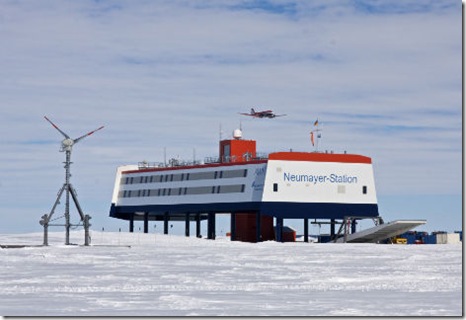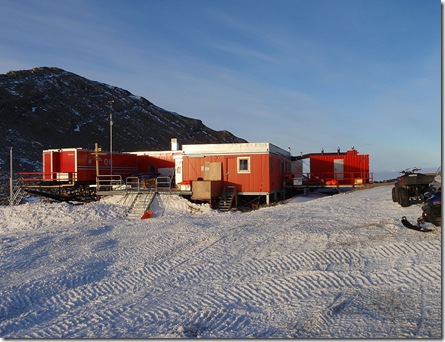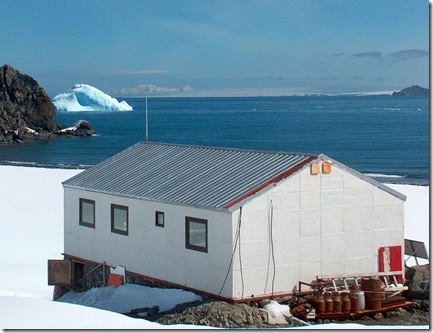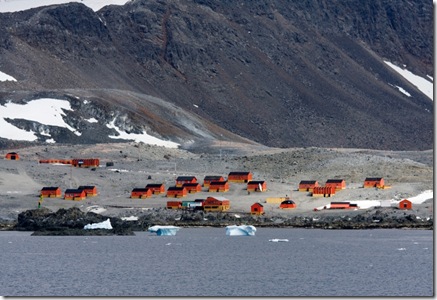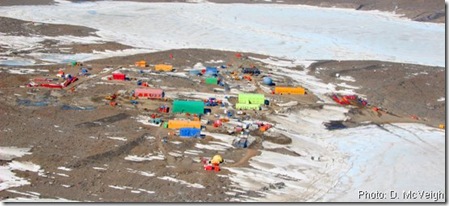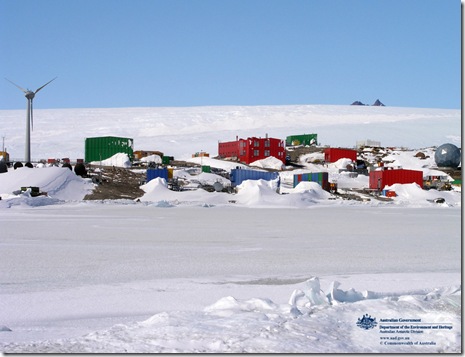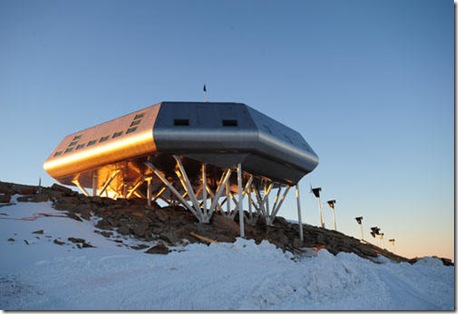To be honest, despite my fondness for manned space exploration, I wasn't all that sad to see the end of the space shuttle program this week. Ever since the Columbia broke up over Texas in 2003, I found it difficult to avoid the feeling that the ageing program was not another disaster just waiting to happen. I mean, we're talking machines built in the 1970's and early 1980's. I'm not even particularly keen on flying in aircraft more than 25 years old, let alone a hybrid rocket plane which gets vibrated to hell on every launch and might have had its plans drawn by hand on that blue blueprint paper while I was still at high school.
On the other hand, I do share the disappointment that the manned space program has felt rudderless for, oh, about the entire 30 years we've watched the shuttle. American Presidents of both political persuasions never seem to have got it quite right ever since Kennedy: you know, set a goal that is achievable, expands humanity's reach in the universe, and achieve it. How hard can it be? Well, OK, pretty damn hard.
At the risk of repeating myself (but what's a blog for if you can't do that?): I don't see much point in aiming for Mars when you have such big gaps in knowledge as to how it will be achieved. I mean, I don't think anyone yet has a good plan for a spaceship that can ensure the survivability of astronauts from cosmic radiation on the trip, not to mention a foolproof space toilet. In reality, what you probably need is engines that get you there and back as soon as possible, yet you get the distinct impression that this has been on the economic backburner while all the engineering thought went into how to keep the remaining shuttles from disaster. (Interestingly, one of the hopes for better engines for a Mars trip - the next generation plasma engine VASIMR - was just recently
attacked by prominent let's-go-to-Mars advocate Robert Zubrin as being "a hoax." Mind you, I've always half suspected Zubrin to be a slightly nutty techno-optimistic himself.)
George W Bush's 2004 plan for a return to the moon as a sort of stepping stone to Mars did seem basically sound, though; except for the stepping stone bit. I assume that setting up a long term post on the Moon probably does help a lot in developing reliable life supports systems that you would need to get to and from Mars; but it likely doesn't do anything much for the development of the new propulsion systems you need to get there and back ASAP.
Anyway, as far as I'm concerned - the Moon has been barely scratched in terms of exploration, and the surface of Mars is not all that more hospitable place to be setting up camp. There are almost certainly caves, gases and water on the Moon that are well worth exploring, and if enough buried water is found, you really do have a basis for a permanent base and, just maybe, genuine lunar industry. You're never going to be able to cover the shipping costs from Mars to Earth, regardless of what you make there.
Forget daydreaming about walking around the Red Planet; not for now anyway. We've seen the photos; it may look like an Earth side desert, but it's not going to feel that way when you're there.
The Moon is handily close and has the potential to actually help the Earth, as well as being a good base for science, at least of the astronomical variety. No one ever suggests this, but as I like to cover all bases, I actually think one of the key roles of the Moon should be as an emergency back up for Earth from planet-wide disasters of any variety. I'd be making it the equivalent of the
Svalbard Global Seed Vault in Norway; except I'd also be sending DNA from all animals as well, together with encyclopaedic amounts of data on every technological or scientific topic that could be of use or interest in the future.
Anyway, enough of the Opinion Dominion Outline for a Reasonable, Useful and Human Space Program.
Back to the last Shuttle flight:
James Lilek wrote well about it, and as he appears to be about my age, I understand the sentiment:
NASA is keen to tell you there’s a still a future for sending Americans into space, but there’s a general cultural anomie that seems content to watch movies about people in space, but indifferent to any plans to put them there. This makes me grind my teeth down to the roots, but I suppose that’s a standard reaction when the rest of your fellow citizenry doesn’t share the precise and exact parameters of your interests and concerns. That’s the problem when you grow up with magazines telling you where we’re going after the moon, with grade-school notebooks that had pictures of the space stations to come, when the push to Mars was regarded as an inevitable next step.
Just got hung up on the “why?” part, it seems. Also the “how” and the “how much” and other details. I can see the reason for taking our time – develop new engines, perfect technology, gather the money and the will. It’s not like anything’s going anywhere. But it’s not like we’re going anywhere if we’re not going anywhere, either – when nations, cultures stop exploring, it’s a bad sign. You’re ceding the future.......
So what’s the attachment, really? Childhood attachment to Star Trek fantasies, geeky fascination with spaceships, adolescent marination in sci-fi visions of rockets and moon bases and PanAm shuttles engaged in a sun-bathed ballet with a space station revolving to the strains of Strauss, phasers and warp six and technobabble and the love of great serene machinery knifing through clouds of glowing dust? Probably. It’s not over, I know – but it’s like watching the last of Columbus’ ships return, and learning they’re cutting up the mast for firewood, and no one’s planning to go back any time soon.
But finally, for a bit of inspirational nostalgia, this video from Nature turned up at Boing Boing, and it is very good:















